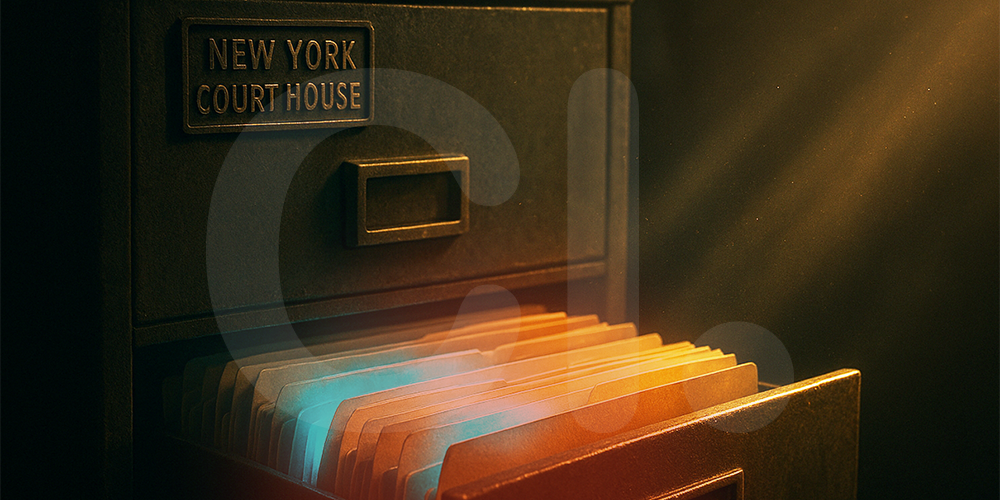Every industry has its own jargon with different terms often being used to refer to the same thing. It’s largely a matter of preference which one an individual or business employs.
But in some cases, terms are treated interchangeably when, in fact, they are not. Such is the case with Ban the Box, Fair Chance, and Clean Slate.
While each of these terms broadly refers to legislation or policies designed to limit discrimination of job applicants with criminal records, the details vary widely, sometimes within the same category.
Understanding the differences between the Ban the Box, Fair Chance, or Clean Slate laws that govern your business is critically important to managing your hiring process and helping ensure you avoid actions that could have legal ramifications.
Ban the Box
Ban the Box began simply as a policy prohibiting employers from asking an individual about their criminal history on a job application. The nation’s first Ban the Box legislation was enacted by Hawaii in 1998.
According to the National Employment Law Project, 37 states now have Ban the Box laws or policies on the books. Before the enactment of Ban the Box legislation, many employers had a Yes/No check box on their job applications asking if the candidate had ever been convicted of a crime.
If the applicant admits to a previous conviction, their candidacy might be terminated without further consideration. If they lied and said no, they could slip through the hiring process only to be dismissed when a past conviction was later discovered.
It should be noted that Ban the Box laws in most states only apply to public-sector employment. Just 15 of the 37 states extend their Ban the Box policies to private employers.
Fair Chance
Through the years, many jurisdictions have expanded their Ban the Box policies to provide additional protections to applicants with a criminal history. Often referred to as Fair Chance legislation, these next generation laws and policies could be viewed as Ban the Box 2.0 (more jargon!).
Examples of expanded Ban the Box policies include requirements to assess the nature of an individual’s offense in the context of the job, consider the amount of time passed since the conviction, or review any evidence of rehabilitation.
New York City passed its Fair Chance Act in 2015, and it contains some of the most stringent requirements of any Fair Chance law in the country. According to the Act, employers cannot initiate a criminal background investigation until a conditional job offer has been made.
If a subsequent search of the applicant’s conviction history leads the employer to revoke the job offer, the employer must then:
1. Provide the applicant with a detailed explanation of its decision in accordance with the Act’s Fair Chance Notice.
2. Provide the applicant with a copy of any background check conducted by the employer or third-party vendor and/or the results of any public records or Internet searches.
3. Hold the job open for five business days to allow the applicant time to respond.
Any business with four or more employees (including the owner) must comply with New York City’s Fair Chance Act. Interestingly, all employees need not work in the City, as long as just one of them works there – something employers who fall under the law should be mindful of.
Clean Slate
Clean Slate legislation proposes to take applicant protections in a different direction by expunging certain crimes (mostly non-violent) from an individual’s public record after a period of time.
While the specifics of what comprises Clean Slate legislation differ from state to state, sealed criminal records wouldn’t be visible in most situations, including when applying for housing, education, and most jobs. However, these records would likely remain accessible to law enforcement, criminal courts, and some licensing and clearance agencies, but notably, not background screening companies.
In New York State, for example, proposed Clean Slate legislation would allow a person to be eligible for Clean Slate relief if:
· They have completed a three-year waiting period for misdemeanors or a seven-year waiting period for felonies, not counting time served in prison.
· They have completed probation/parole.
· They have no pending New York State charges.
· The conviction to be cleared is not a sex offense.
According to Forbes, California, Colorado, Connecticut, and Oklahoma each passed Clean Slate legislation in 2022. There are an estimated 60 bills across 19 states and Washington D.C. that are under consideration by lawmakers in 2023.
UPDATE: For more information on New York State clean slate laws, please use the link.
Impact on Background Screenings
While the details of Ban the Box, Fair Chance and Clean Slate differ, the intent is largely the same. Namely, to allow candidates to first be considered on the basis of their skills and experience, instead of automatically disqualified because of something in their past.
It’s important for employers to keep in mind that neither Ban the Box, Fair Chance, nor Clean Slate prevents a company from conducting their own background investigations or hiring a third-party company to screen candidates.
Most of these laws, however, do dictate the timing of such investigations, and businesses need to be careful that they initiate screenings at the proper time and document their findings in accordance with the applicable law.
How Employers Should Proceed
The evolution of Ban the Box policies into Fair Chance and now, increasingly, Clean Slate means it is more critical than ever for employers of all sizes to be aware of their local and state laws. This is especially true for larger companies with operations in multiple states or businesses that employ many remote workers.
In cases where the employer and employee are in different locations governed by different laws, it is recommended that businesses apply the version of the law that most favors the applicant. That puts the employer on the safest ground should any disputes arise in the future.
The evolving nature of these laws means that employers would be well advised to seek out a trusted background screening partner who can help them navigate the shifting landscape.
Such partnerships will go a long way towards helping businesses find the best candidates for their jobs, while steering clear of actions that could cause problems down the road.


%20Featured%20Image.png?width=160&height=105&name=What%20Journalists%20Taught%20Us%20About%20Social%20Media%20Screening%20(And%20Why%20HR%20Should%20Listen)%20Featured%20Image.png)


%20Featured%20Image.png)
